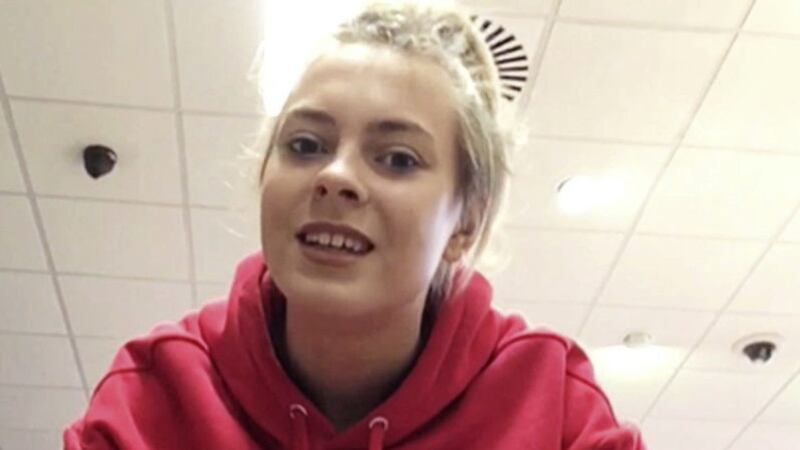The awful circumstances of 14-year-old Ana Kriégel's shocking murder, a horrifying crime carried out by children younger than herself, will inevitably lead to considerable soul searching and calls for action to be taken to prevent such a wicked act happening again.
Ana, a much loved child who had been adopted from Russia by Geraldine and Patric Kriégel when she was two years old, went missing in May last year.
Her naked body was found days later in a derelict house in Lucan, Co Dublin. A ligature was around her neck and the court heard she had 50 areas of injury on her head and body. There was also evidence of a sexual assault or attempted sexual assault.
After a six-week trial at Dublin's Central Criminal Court, which heard often harrowing evidence, a jury took just over 14 hours to find two boys guilty of murdering the schoolgirl.
The boys are now aged 14 but were just 13 when this terrible crime was committed - the youngest people in the history of the state to be convicted of murder.
Referred to only as Boy A and Boy B, they have been granted anonymity and will be sentenced next month.
Parallels are being drawn with the murder of Jamie Bulger by two boys aged just ten, a case that still reverberates in terms of the horror and revulsion it caused.
More than 25 years on and people still find it almost impossible to comprehend how children can become killers, deliberately and cruelly ending the life of another child.
In the case of Ana Kriégel, it is a struggle to understand how two young boys could lure a young girl to an unspeakable death.
After a number of interviews, Boy B admitted he had been in the house with Ana and Boy A but ran away when Boy A began assaulting the girl.
An examination of two phones found in Boy A's bedroom revealed almost 12,500 images, the vast majority of which were pornographic.
Taoiseach Leo Varadkar has expressed concern at the accessibility of pornography and told the Dáil that new online safety measures are being examined.
Certainly, it is vital that urgent steps are taken to prevent children being able to access violent and depraved material.
Parents also have a crucial responsibility, not only in monitoring online activity but ensuring that youngsters are given firm guidance on what is appropriate and what is not.
Ana, who longed to make friends, was targeted by cyberbullies, subjected to cruel taunts and was in counselling at the time of her death.
Something has gone badly wrong when young people regard vicious bullying as acceptable behaviour.
This is a profoundly disturbing case in so many ways, one which raises serious questions for wider society.







